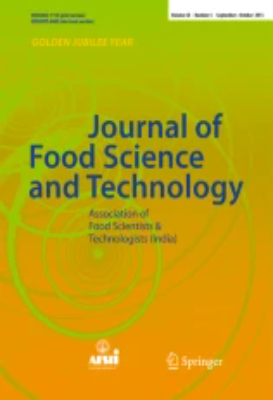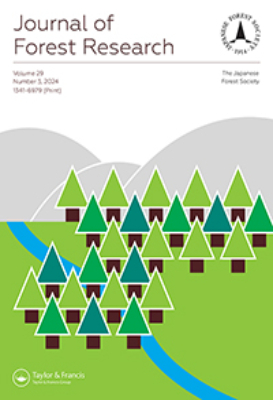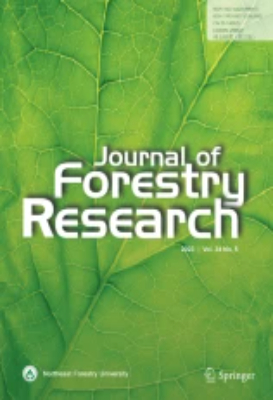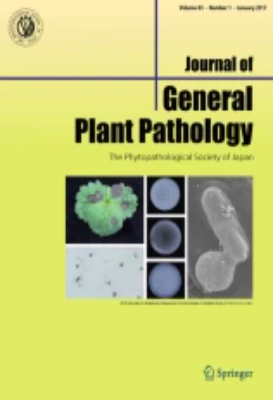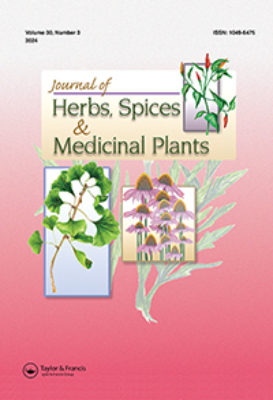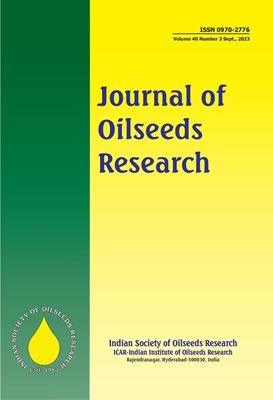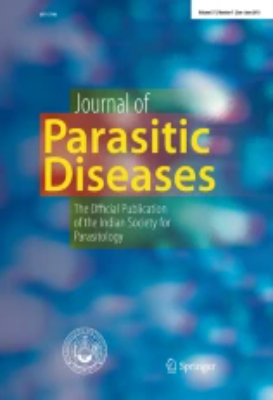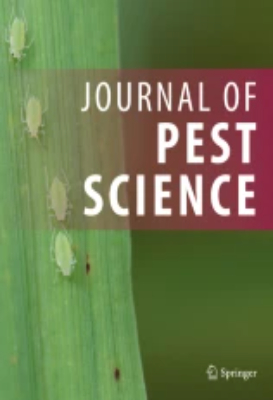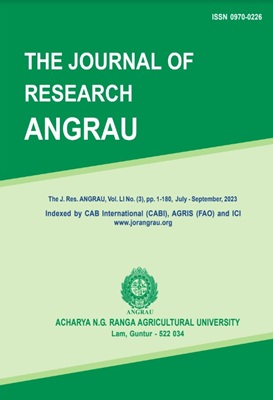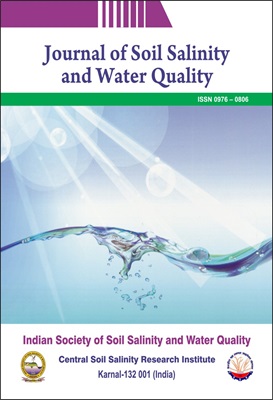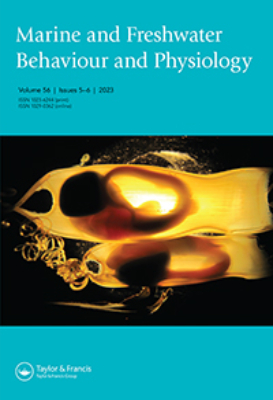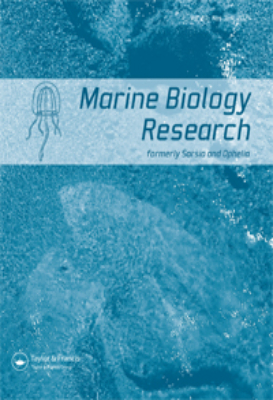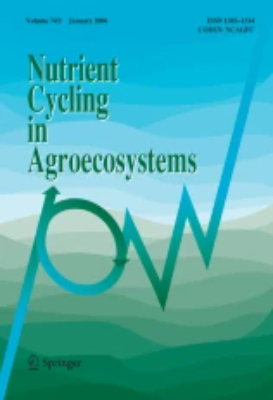E-Resources
Journal of Oilseeds Research
This scientific and technical journal is dedicated to bring together all persons, organizations and institutions interested in or engaged in the field of oilseeds research, development, oil technology and allied products connected with oilseeds. This would provide the workers a forum for exchange of their views as well as scientific information. The aim of the journal is to promote the dissemination and utility of the scientific information generated in the field of vegetable oil production. Also, the journal periodically publishes the summary of the work carried out in specific fields so that such reviews provide overall idea to the readers interested in a particular field. Direct beneficiaries of the Journal include scientists, technologists, policy makers, industrialists, entrepreneurs interested in undertaking up-scaling of the technologies in the field of oilseeds and allied products. The journal is committed to follow the ethics of scientific publishing and is evolving continuously through adoption of newer monitoring and evaluation schemes. Journal is also committed to up-holding the standard of scientific and professional proficiency as well as research, academic and publication standards.
Journal of Research ANGRAU
The Journal of Research ANGRAU is the University Publication (quarterly) of Acharya N G Ranga Agricultural University (ANGRAU) and has been published since 1973. This journal is celebrating its 50th volume in the year 2022 and has started only online issue since 2022. The Journal is a double-blind peer-reviewed journal that seeks to encourage research in agriculture, horticulture, agricultural engineering, community science/home science and social sciences (agricultural extension and agricultural economics). The JOR ANGRAU provides a platform to publish original research work in all agricultural and allied sciences. JOR ANGRAU supports research articles which explore innovative experimental approaches and empirical studies. The Journal recognizes works across the above disciplines and therefore especially values meta-disciplinary analyses that will provide a foundation for communication across these academic fields and disciplines. The journal has a NAAS rating of 4.27 (2024) and is a UGC-CARE-approved journal. The Journal is Indexed by CAB International (CABI), AGRIS (FAO) and Indian Citation Index (ICI). Journal has a presence in Google Scholar. The Journal publishes quality research papers in Agriculture and allied sciences after meticulous double-blind peer review process.
Journal of the Indian Society of Soil Science
The Journal of the Indian Society of Soil Science publishes papers concerned with the advancement of agriculture throughout the world. It publishes original scientific work related to strategic and applied studies in all aspects of agricultural science and exploited species, as well as reviews of scientific topics of current agricultural relevance. Specific topics of interest include (but are not confined to): soil genesis and classification; soil properties and processes in relation to soil physics, soil chemistry, soil biology, soil mineralogy; soil evaluation and land use planning, soil fertility and plant nutrition, crop production; soil engineering and technology, soil degradation, control, remediation and reclamation; soil and environment, environmental impacts of agriculture and forestry, impacts of climate change. The journal also publishes book reviews.
Mahatma Gandhi’s Vision of Agriculture: Achievements of ICAR
The country is celebrating the 150th birth anniversary of the Father of the Nation, Mahatma
Gandhi. He led freedom struggle against British empire, which transformed him into a global
leader of masses, disadvantageous and poor people. He has shown the way of social, economic
and political transformation with small steps to serve the rural poor. Non-violence, truthfulness,
democratic institutions, village industry and people-centric approach were his main principles
and teachings for the people. He had led several movements to pursue the cause of Indian
farmers, including famous protest of Champaran in 1917, Dandi March in 1930 and Quit India
Movement in 1942. These movements motivated the farmers and rural workers to join the
freedom struggle.
Mahatma Gandhi firmly believed that prosperity of agriculture and farmers should pave the
way for economic prosperity of the country. This belief has been reaffirmed in the agricultural
development process followed in India and other developing countries. Evidences are now
available indicating that agricultural growth has significant impacts on reduction of poverty and
promotion of social and economic equity. The pandemic of COVID-19 has further established
that agriculture is a strong pillar to absorb economic shocks and build resilience to economic
growth.
The Indian Council of Agricultural Research (ICAR) has been at the forefront to propel
agricultural development through development and dissemination of technology, building
human capital and establishing the rural centres to serve the farmers. The Council has
developed partnerships with the organizations serving farmers and rural people. One of the
important components of ICAR strategy is increasing agricultural productivity in harmony
with nature. The needs of unprivileged farmers, marginal production environments, and rural
youth have been accorded high priority in research programs of the Council. Similarly, gender
mainstreaming, outscaling of farmers? innovations, farmers? participatory approach, and
institutional change for higher efficiency has been corner stones of research approach of ICAR.
In other words, the Council has followed the principles of Mahatma Gandhi to make Indian
agriculture prosperous, empower farmers, and strengthen village institutions. The efforts made
by the Krishi Vigyan Kendras to develop skills of rural women and small farmers, and to
provide services at the doorstep of farmers have contributed to the Gandhian vision.
This publication documents the major contributions of ICAR to promote sustainable
development, technological empowerment of people in inaccessible areas, enhance value of
farm produce, and promote rural livelihood options. Conservation of biodiversity, soil and
water, yield improvement of millets in hill areas, improvement of indigenous cattle, goat
development, support for fishermen, and food processing options for households are some of
the notable examples.
I compliment ICAR for bringing out this publication that shall be useful for policy makers and
public agencies to take the task of agriculture and rural development on the Gandhian way. This
is the need of the hour when there is weakening of the values of rural communities and rising
pressure on natural resources.

